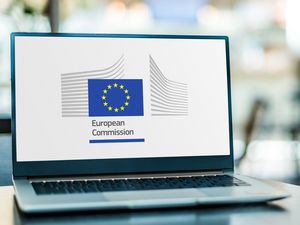The Block Exemption Regulation for Technology Transfer (TTBER) states that Article 101(1) TFEU does not apply to certain categories of technology transfer agreements. Since November 2022, the EU Commission has been conducting a review process, which has now entered the impact assessment phase. In its statement, the Institute focuses in particular on the questions raised by the European Commission in its call for contributions of 31 January 2025.
In view of the technological developments since the adoption of the current Block Exemption Regulation, the statement examines, among other things, whether and how the licensing of artificial intelligence (AI) data and models should be covered. With regard to data, it recommends a cautious approach to extending the scope of the TTBER to certain categories of data and data-related rights. While the Institute believes that data licensing in the European Union should be improved to promote innovation and social welfare, particularly in the context of AI development, it also argues that the TTBER is not the appropriate framework for this. Instead, consideration should be given to separate guidelines that go beyond data licensing and promote data sharing through rules on Article 102 TFEU.
With regard to the licensing of AI models, the statement emphasizes that the Commission should clarify the scope of application in the TTBER and in the guidelines, both in relation to the current applicability of the TTBER to certain cases and in relation to the inclusion of AI models.
The statement supports the Commission's view that applying market share thresholds to technology markets raises practical difficulties. Nevertheless, the Institute advises against changing the rules in the TTBER. Instead, the Institute would support a transition from a “4plus” to a “3plus” rule in the TT Guidelines.
The Commission's intention to incorporate case law on pay-for-delay settlements into the TT Guidelines is supported by the statement. Specifically, the opinion recommends the formulation of a specific hardcore restriction that explicitly reflects the conditions for classifying the licensing of rights as part of pay-for-delay settlements as a restriction by object within the meaning of Article 101(1) TFEU.
The safe harbour criteria for technology pools set out in the TT Guidelines are in principle supported by the statement as being appropriate. Finally, the Institute recommends that the Commission include specific rules in the TT Guidelines — including a safe harbour rule — for the assessment of agreements on licensing negotiation groups (LNGs) concluded between potential licensees under Article 101 TFEU.
Position Statement as PDF:

